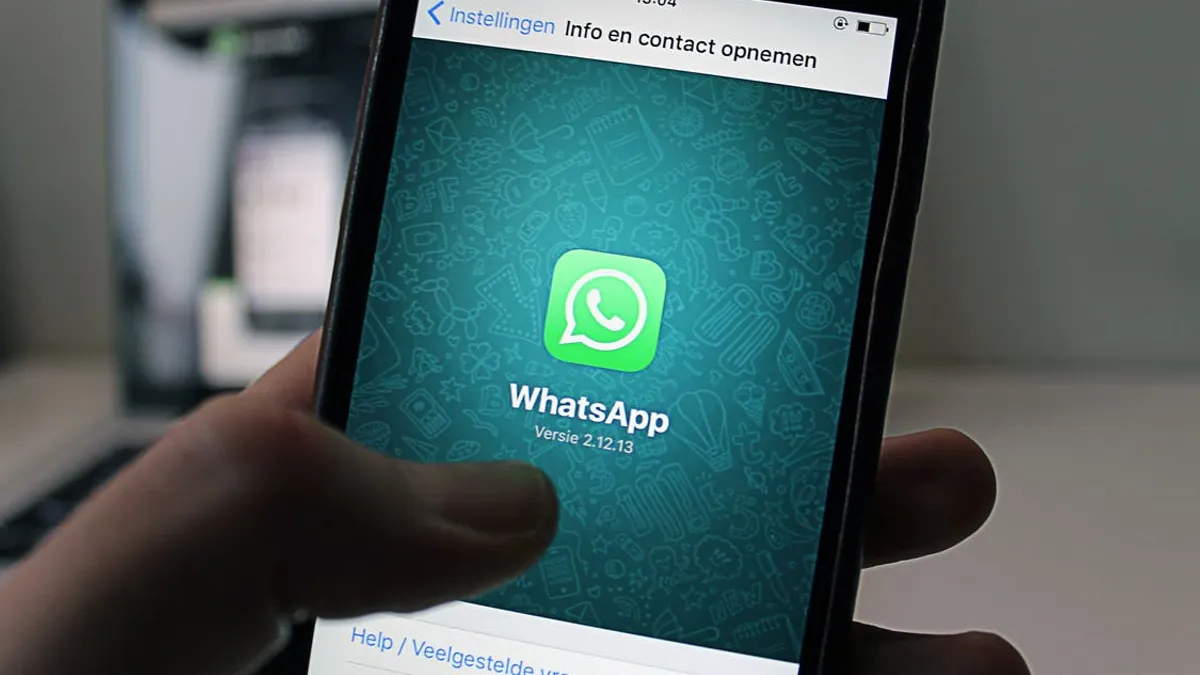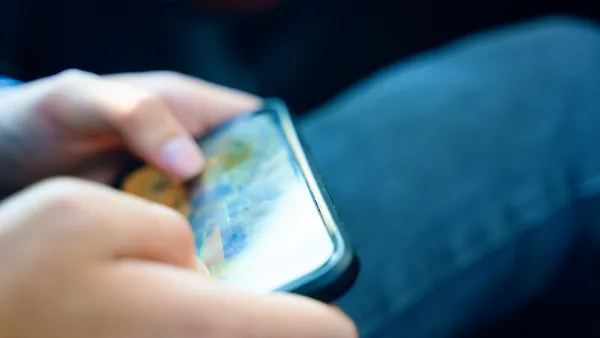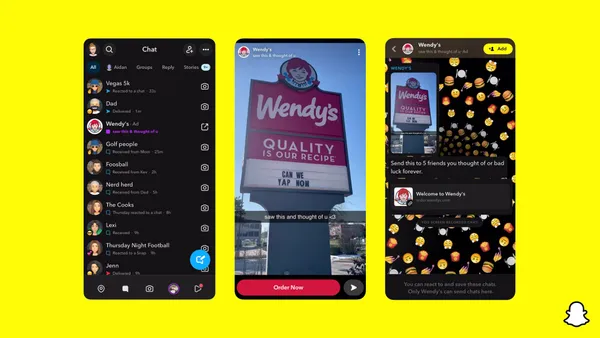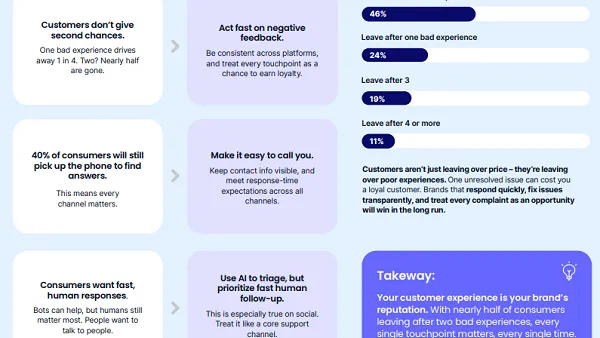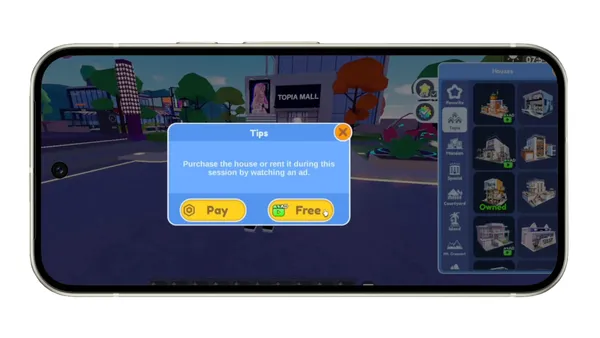Brief:
- Netflix and Uber are among the major brands that are testing WhatsApp's business messaging platform, TechCrunch reported. Booking.com, Singapore Airlines, Melia Hotels and KLM are among the early testers of the new application program interface (API) for businesses.
- The API, which was originally announced in early August, lets companies respond to WhatsApp users' messages for free within 24 hours before being charged a per-message fee. Businesses need to apply to gain access to the API, and WhatsApp said it isn't limiting approvals by region or volume of messages. VoiceSage, Nexmo, Infobip, Twilio, MessageBird, Smooch and Zendesk are among the third-party solution providers that also can provide access to the API, according to TechCrunch.
- WhatsApp will generate revenue from the API, replacing a subscription fee that was abandoned more than two years ago. Businesses also can place ads in Facebook's news feed that, when clicked on by a user, will open into a WhatsApp message.
Insight:
WhatsApp has 1.5 billion users worldwide, making it one of the most popular mobile apps in the world alongside other Facebook-owned properties like Messenger, Instagram and its core social network. That massive user base positions WhatsApp as a potentially powerful communications platform between businesses and customers. While the WhatsApp Business API is geared toward larger businesses managing a greater volume of customer messages, companies of all sizes have access to the WhatsApp Business app that rolled out in January, per TechCrunch. By opening the capability to everyone, businesses may find WhatsApp more appealing than other messaging platforms and more likely to use the platform for customer communications.
The development of WhatsApp into a marketing platform has been slower to evolve, mostly because WhatsApp founders resisted selling ads as part of a commitment to user privacy, according to The Wall Street Journal. Data privacy measures included end-to-end encrypted messaging and deleting messages from its servers after sending. Facebook, which bought WhatsApp in 2014, faces stronger market pressures to monetize the app with targeted ads and services such as the upgraded business API.
WhatsApp and parent company Facebook also face growing competition from companies like Apple that want to keep iPhone users inside its apps that are becoming a key source of revenue. Business Chat, which was quietly introduced in June 2017, gives users who search for a business in Maps, Safari, search or Siri an option to contact the business or make a purchase using Apple Pay without leaving the app. Companies including 1-800-Flowers, Discover, Hilton, Home Depot, Lowe's, Marriott and Wells Fargo were the initial brands to test out Business Chat, which arrived in April alongside the rollout of iOS 11.3 software update. Apple in July added Aramark, Dish, Four Seasons, Harry & David and American Express to its Business Chat lineup, signaling its growing potential among major brands.


